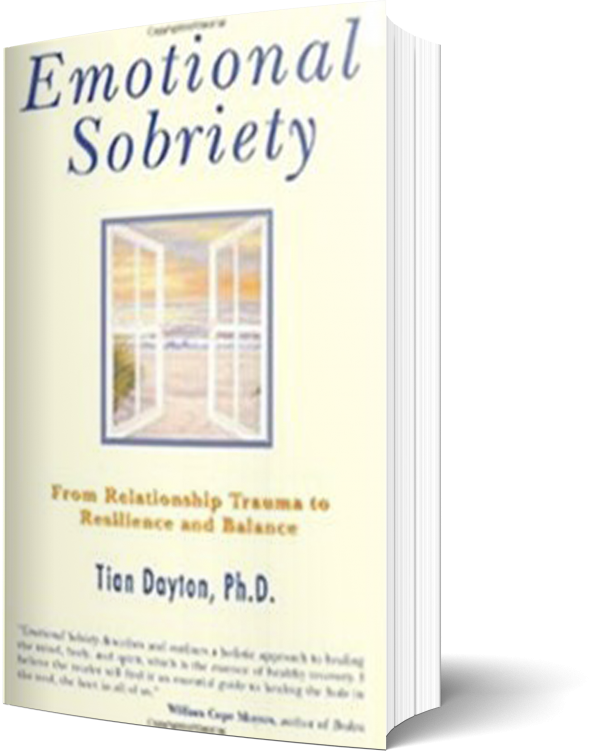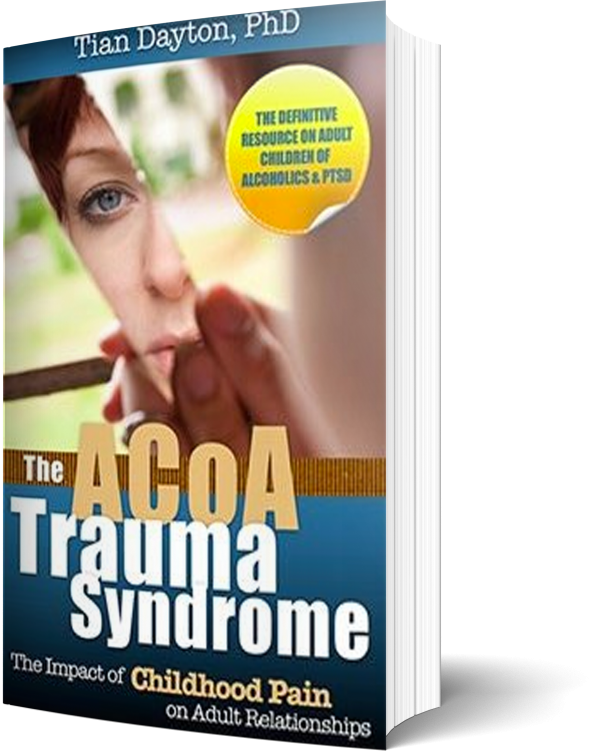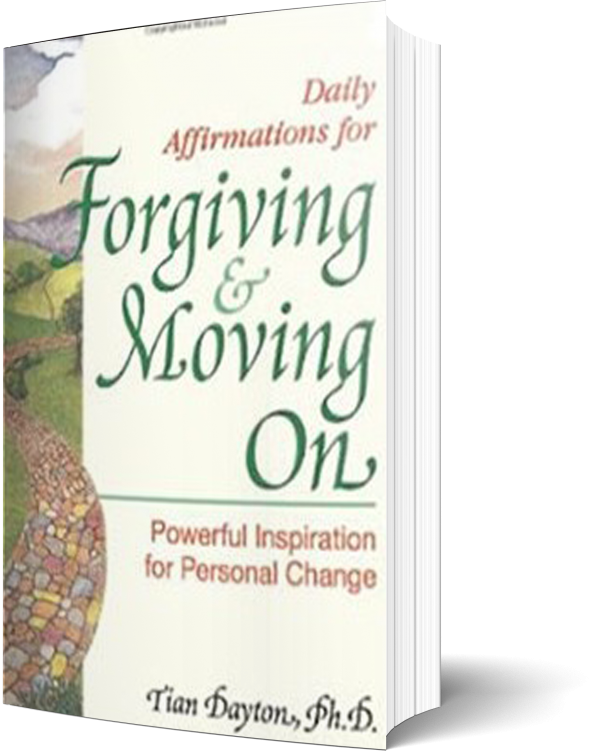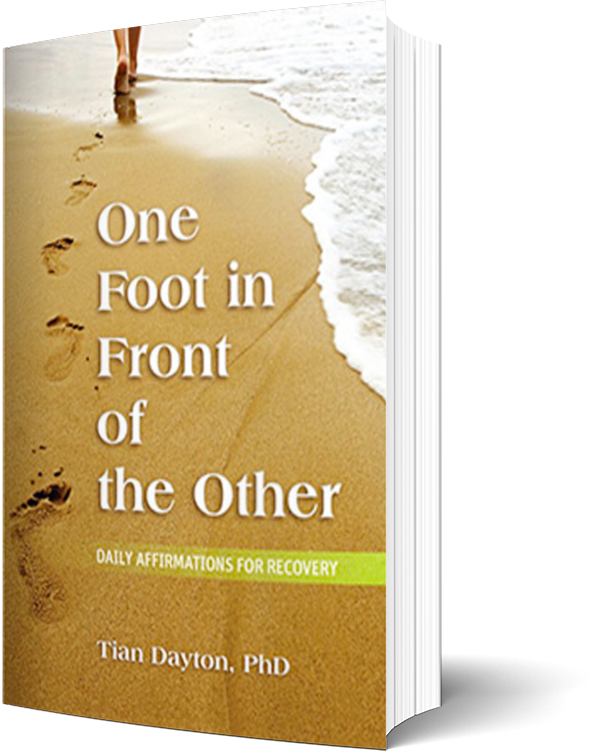As discussed in my last blog, we learn the skills of emotional balance and regulation from those who raise us. But what happens when home is scary? When the family we are growing up in becomes the proverbial saber toothed tiger? How is our development affected when the very place that represents home and hearth feels threatening?
Children come into this world only partially hardwired by nature, nurture does the rest. Each tiny interaction between parent and child actually lays down the neural networks that help us to experience and regulate our emotions. The growing child, for example, is completely dependent on their parent to act as an emotional external regulator because their internal regulators won’t be fully developed till they are around twelve or so. They simply don’t have either the wiring necessary to regulate all of their emotions nor the intellectual development to deconstruct and understand them. This is why the small child is so vulnerable to emotional and psychological damage when the home is chaotic.
Not only is what’s going on frightening them and throwing them out of balance, but if the parent is the one who is scaring them, the child loses access to their most available path back to regulation; namely mom or dad. They’re scared and no one is telling them it’s okay, cuddling them, helping them to calm down and reassuring them that life will soon return to normal or that they will not, in any case, be abandoned to manage all by themselves. Often siblings and even pets move in to massage the gap when parents are out of commission, but it is not the comfort that the child is really craving to get back to normal and to restore their sense of balance and goodness.
For these reasons, stress during childhood — when we have not yet developed to maturity — has a stronger affect than at other times in life. Additionally, children are naturally egocentric, they make everything about them. Consequently, if the child is blamed for the chaos or upset in the family, they are likely to believe what their parent, upon whom they depend to decode their world, is saying. Perhaps that they are the cause of their parents upset, sadness or anger. They can feel bad about themselves if they are unable to fix it. These distorted childhood interpretations of life and relationships sink like stones into the unconscious, where they may fertilize negative self concepts and problematic dynamics of relating that follow them through life.
Children resolve the daily “slings and arrows” of life by having a caring adult talk them over them so that they can understand them, bring them to closure and let them go. When this doesn’t happen and when the parent themselves is the one causing chronic stress, it’s a double whammy for the child. Not only are they being frightened and hurt but the parent, upon whom they rely for comfort and regulation is lost to them, at least temporarily, as a source of solace and support. They, are left to manage their fear and hurt on their own and to make sense of the situation through the eyes of a child. To find their way back into emotional balance with few skills, little help; feeling vulnerable and alone.
Children who repeatedly find themselves in these situations learn some bad lessons and they miss learning some of the good ones. The bad lessons they learn are that adults can be very frightening and unreliable. They learn to hide what they are really feeling, to try not to feel it, to numb it out or make it about someone or something else, just as their parent did. The good things they don’t learn are what positive steps they can take to rectify a situation. How they can move away from feeling helpless, frightened and resentful toward making things better. How they can repair and negotiate, e.g. “this is your part this is mine, this is what you need to do differently, this is what I will do.”
When our limbic system is set on high alert, when we become accustomed to scanning our environment for sign of problems, we aren’t in a balanced enough frame of mind to work them through. We have trouble slowing down our emotions and just being with them so that we can make sense of and communicate them to someone else. And we have trouble sitting through someone else’s intense emotions. We go from zero to ten with no speed bumps in between. We get thrown back into our early defenses say of numbing, withdrawing or acting out; stuck in those unconscious interpretations we carried with us from when we were young, because we haven’t elevated them to a conscious level and thought them through in the light of today.
Pain and stress in childhood that is never processed and understood can continue to live within us in an unresolved, unconscious state. Years of this can mean that a child moves trough their developmental stages carrying fear and angst around which they build defensive walls. That pain can get triggered over and over again whenever, as an adult, we feel in “emotional danger.” We get thrown back with the speed of light into what psychologist’s call a childhood “ego state,” we feel, in short, young, vulnerable and defenseless all over again.
Part of healing is allowing ourselves to experience the emotions that went on hold because they were too frightening or overwhelming to feel then and make new insight and meaning from them so that we can reframe them through adult eyes and bring them into balance. We also need to make healthy activities a part of our daily routine, to find ways of enhancing the bodies natural feel good chemicals which act as a natural anti depressants and mood stabilizers. (More on this in my next blog).
Growing Up in a Family that Hurts
Log on to tiandayton.com for more on emotional sobriety.





